“Can conure eat eggs?” is the most common question asked by new parrot enthusiasts. So, let us discuss everything about conure diet including eggs and other things.
Can conure eat eggs?
Yes, eggs are healthy for the conure to eat. You can serve them raw without boiling them, or you can boil or scramble the eggs. This involves the eggshell’s feeding as well. However, it’s crucial to keep in mind that egg feeding can only be done in moderation.
Is it possible for conures to eat scrambled eggs?
You can feed scrambled eggs to your parrot if you don’t season them and don’t use any oil in the cooking process. Since scrambled eggs are now fluffy, they are easier for the parrot to eating.
Is it possible for birds to consume boiled eggs?
Cooked eggs, despite their appearance, can be a typical feeder food that provides many essential nutrients for conures.
Crushed eggshells are also a great source of calcium for nesting conures, which aids digestion.
What does my conure consume in its natural habitat?
In the wild, conures consume various seeds, nuts, fruits, berries, and plants like leaf buds. Others eat insects and their larvae. They eat from the tops of the trees. Farmers’ crops have been raided in the past.
Obesity and calcium and vitamin A deficiency are common in conures. At all times, a well-balanced and diverse diet must be preserved.
Seeds
As different plants come into season, wild conures will consume a wide range of seed forms. However, if fed as the sole source of food, a commercial all-seed diet is high in fat and offers a deficient or imbalanced source of several nutrients, which may contribute to ill health and possibly shorten the life of your conure. Frequently, your bird can choose 1 or 2 “favourite” types of seeds from a vast bowl of commercial seed mix. Peanuts and sunflower seeds are often preferred, even though they are high in fats and deficient in calcium, vitamin A, and other nutrients. Malnutrition results as a result of this.
Seeds are incredibly palatable and sought after, but they are nutritionally equivalent to offering a kid candy every day. Seeds can only make up a small portion of a well-balanced diet, not the whole diet. Furthermore, only a few nuts should be given each day. Reduce the number of seeds you give gradually, and your bird may begin to eat other foods.
“Seeds are highly palatable and preferentially sought for, but they are nutritionally equivalent to giving a child candy.”
Pellets
Pellets were created to fulfil all of your bird’s nutritional requirements. There are various formulations for different life cycles and specific diseases. It’s best to move a hand-reared baby to a pelleted diet. Pellets are the perfect food, but weaning seed-eating birds into a pelleted diet should be done gradually. Pellets can make up about 75-80% of the bird’s diet in the optimal situation. Pelletized foods come with a wide range of quality brands. Birds pellets are available in various flavours, colours, and shapes.
What is the best way to move my conure to a pelleted diet?
It’s not always quick to move seed-eating birds (seed-aholics) to a formulated diet. Pellets are unable to be marked as food at first. Over a period of 4-8 weeks, gradually wean the bird off seeds while keeping pellets available in a separate bowl. Some people combine the pellets with a small amount of seed to make it easier for the bird to tolerate them in the cage, but you should be mindful that the bird would not eat a pellet by mistake. Changing a bird’s diet can take days, weeks, or months.
REMOVE SEEDS ONLY AFTER VERIFYING THAT THE CONURE IS CONSUMING THE PELLETS AS WELL AS SOME FRUITS AND VEGETABLES.
Conures are obstinate, but they can be taught. This is a difficult time for both you and your conure.
- If you have any concerns about the transition or the bird’s welfare, contact your veterinarian.
- Remember that you are the one who trains the bird, not the other way around.
Fruits and vegetables
Fruits, vegetables, and greens can make up about 20% to 25% of a person’s daily diet. Iceberg or Head lettuce, celery, and other pale vegetables with a high water content have very little nutritional value. Avocado is said to be potentially poisonous.
To extract toxins, fruits and vegetables must be thoroughly washed. Depending on the size of the bird, cut them into manageable bits. The skin does not have to be removed. Fruits and vegetables can be served separately. Reduce the amount of temporarily avoid feeding one food item if your bird starts to develop a preference for it. This would encourage your bird to consume other foods.
Treat your conure as if it were a small child; give it a small piece of various foods every day, and don’t give up. At all times, a well-balanced diet must be followed.
At all times, new, clean water must be available. You may consider using bottled water if the consistency of your tap water is poor. Dishes must be properly washed with soap and water every day.
What about human food for conures?
As a general rule, your bird can consume any wholesome, healthy food you and your family eat. Use your common sense and follow the general guidelines mentioned above. Some birds will sometimes consume a small lean cooked beef, fish, egg, or cheese. Consumption of dairy products should be done in moderation. Junk food, chocolate, caffeine-containing items, and alcoholic drinks should all be avoided.
Can my conure’s requirements change as it grows older?
Very young, depressed, sick, laying eggs, or raising young birds may have special requirements. For birds with unique nutritional needs, specially formulated pelleted foods are available. In these cases, you can seek advice from your veterinarian.
Do my conure’s vitamins, minerals, or amino acids need to be supplemented?
Your veterinarian will assist you in determining your bird’s nutritional needs. According to one theory, a bird that consumes 75-80% of its diet in the form of pelleted food does not require supplements. At different times in a bird’s life, some vitamins or minerals might be more essential (e.g., egg laying requires calcium supplementation). If your conure is calcium deficient, calcium supplements are available. “Mix these supplements in water or preferably add directly onto moist food,” says the manufacturer.
Powdered supplements are often thought to be more effective. These supplements can be mixed with water or applied directly to moist food.
Is my bird in need of grit or gravel?
The need for gravel is a source of debate. Grit was thought to be needed for the mechanical breakdown of food in the gizzard, which aided digestion. We now know, however, that birds can survive without grit. Some birds will have issues if they consume too much grit.
What should I keep in mind while feeding my conure?
- Keep track of how much food each conure consumes daily.
- Have fresh water regularly.
- Include a daily range of fresh foods.
- Include fresh fruits and vegetables daily.
- Clean all food and water dishes at least once a day.
Tell us in the comments, how you like our article “Can conure eat eggs?”
For similar posts like this, click here.
For the source file, click here.




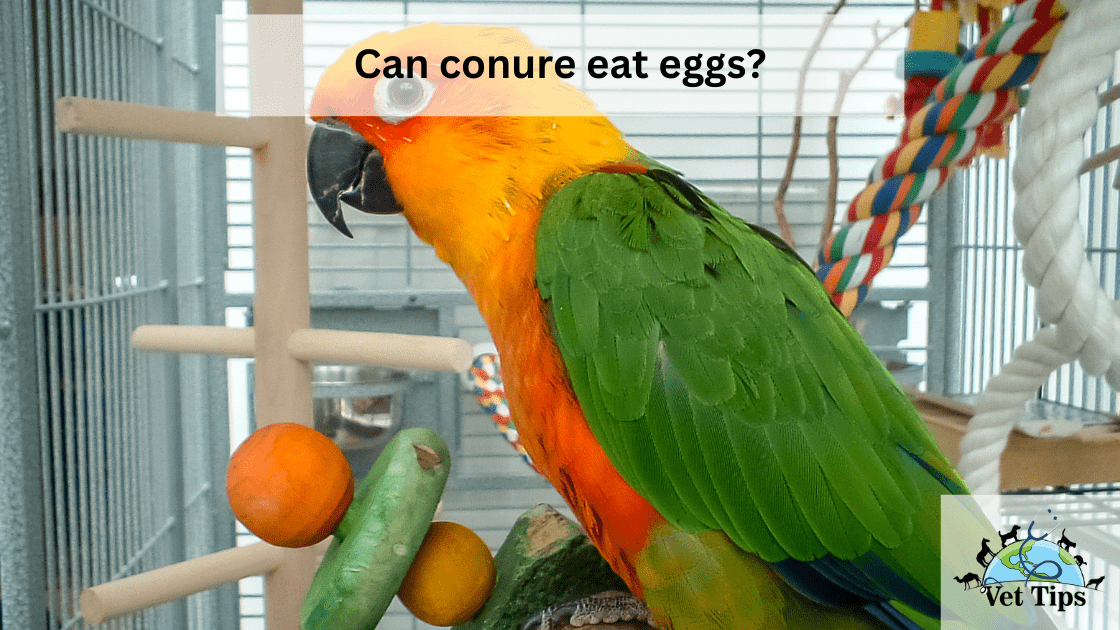
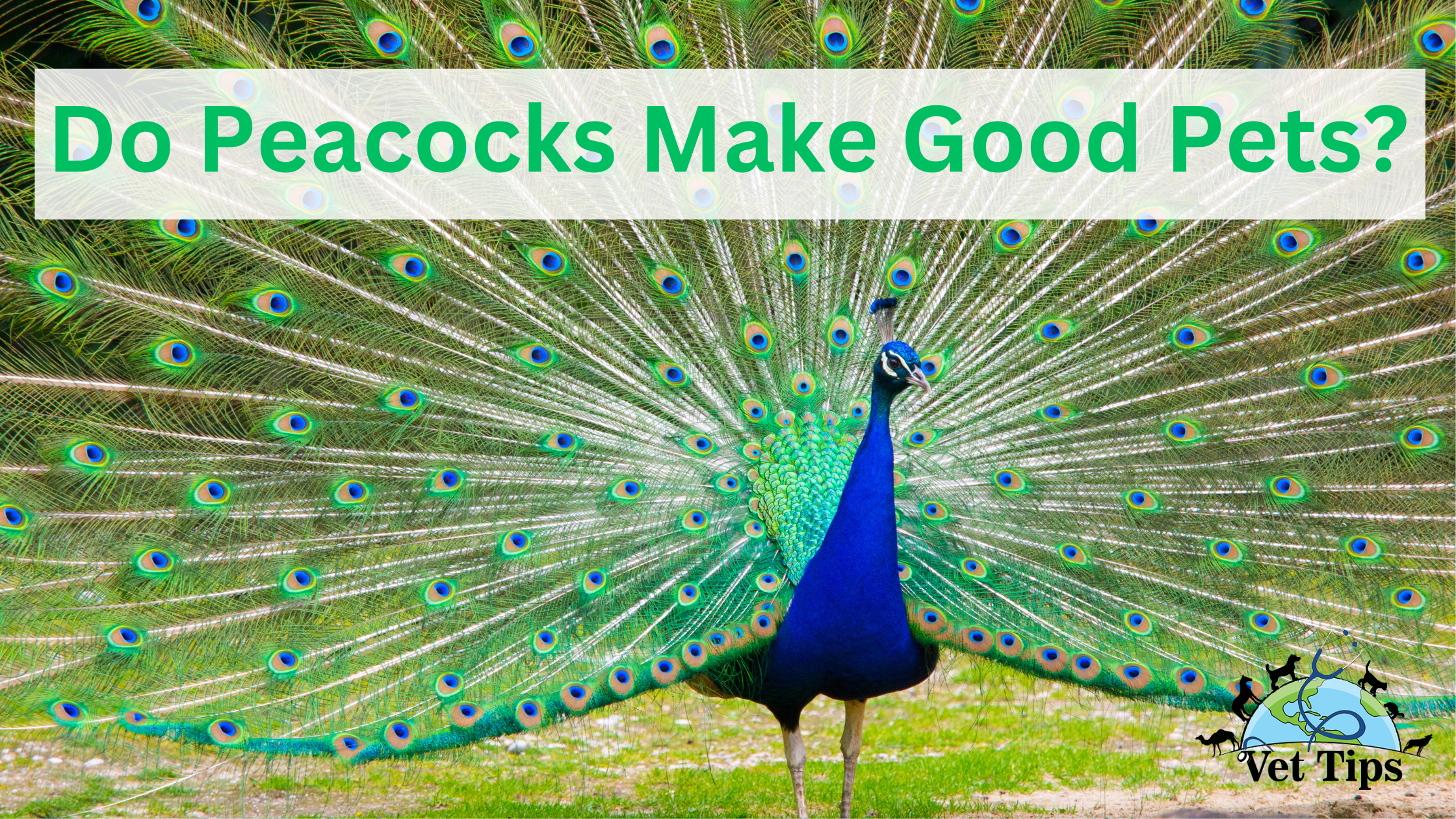
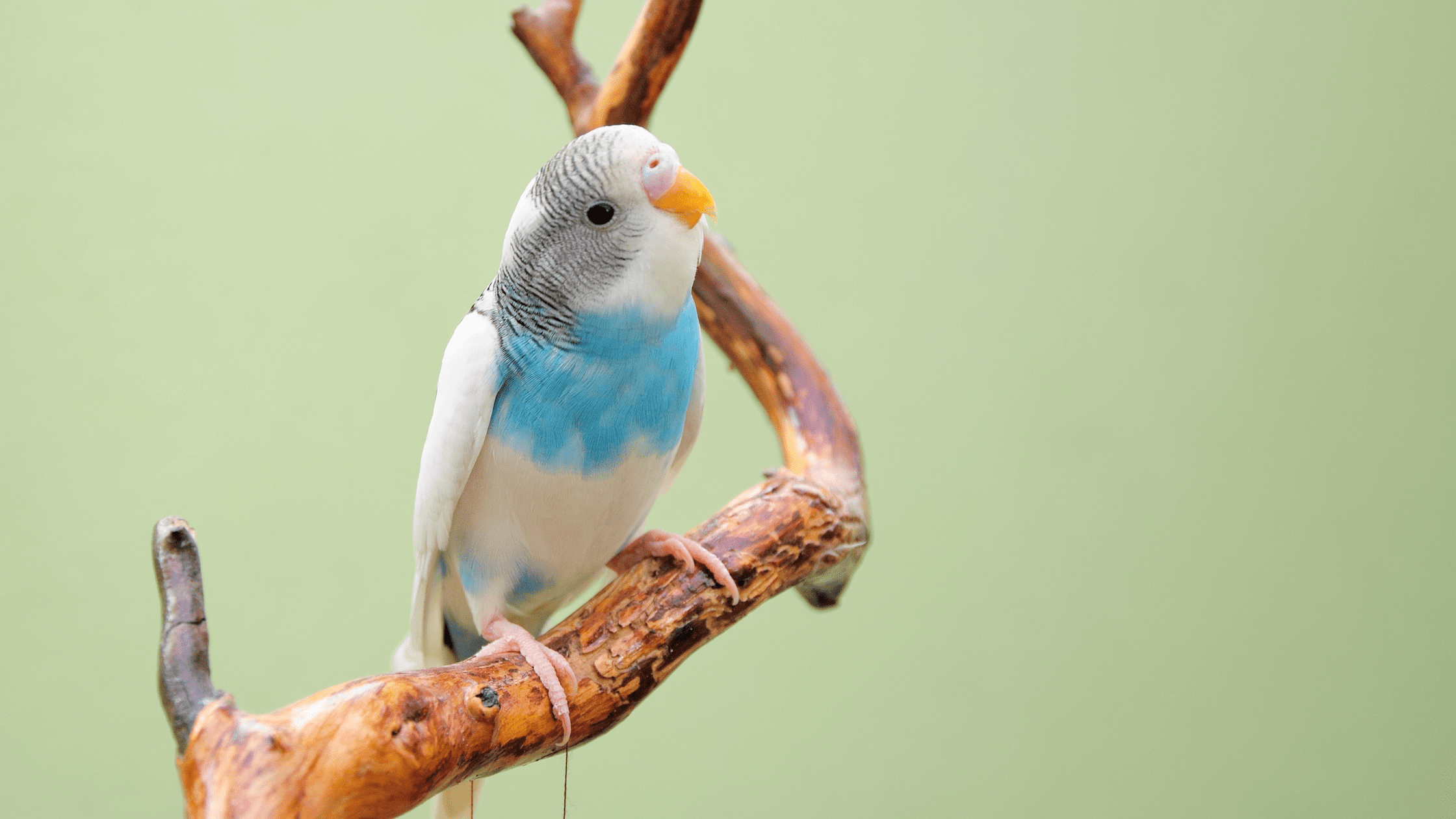
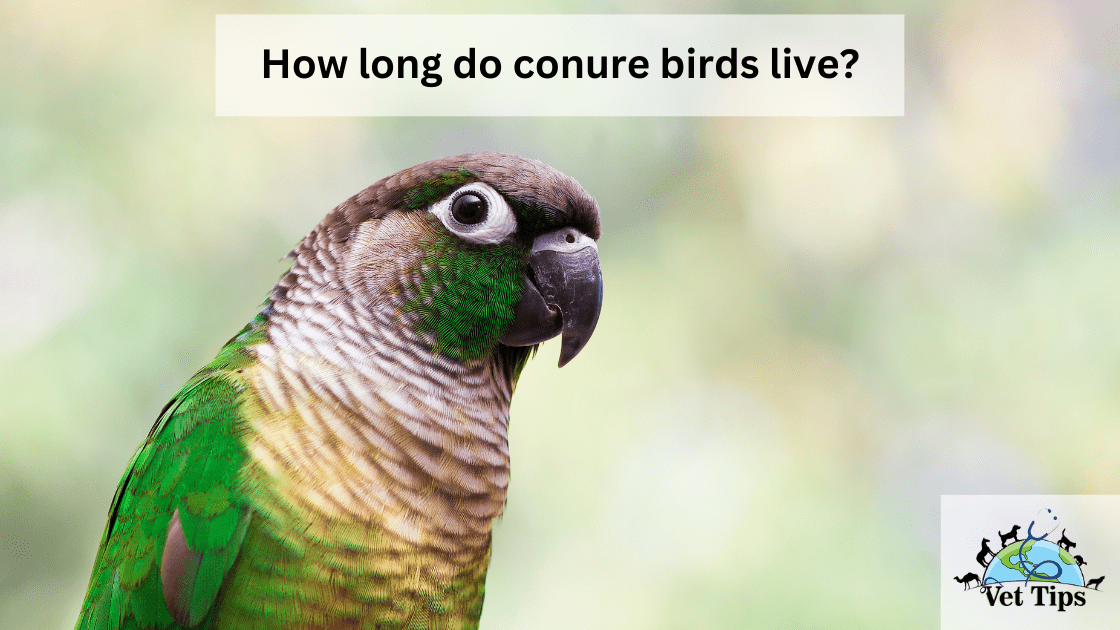
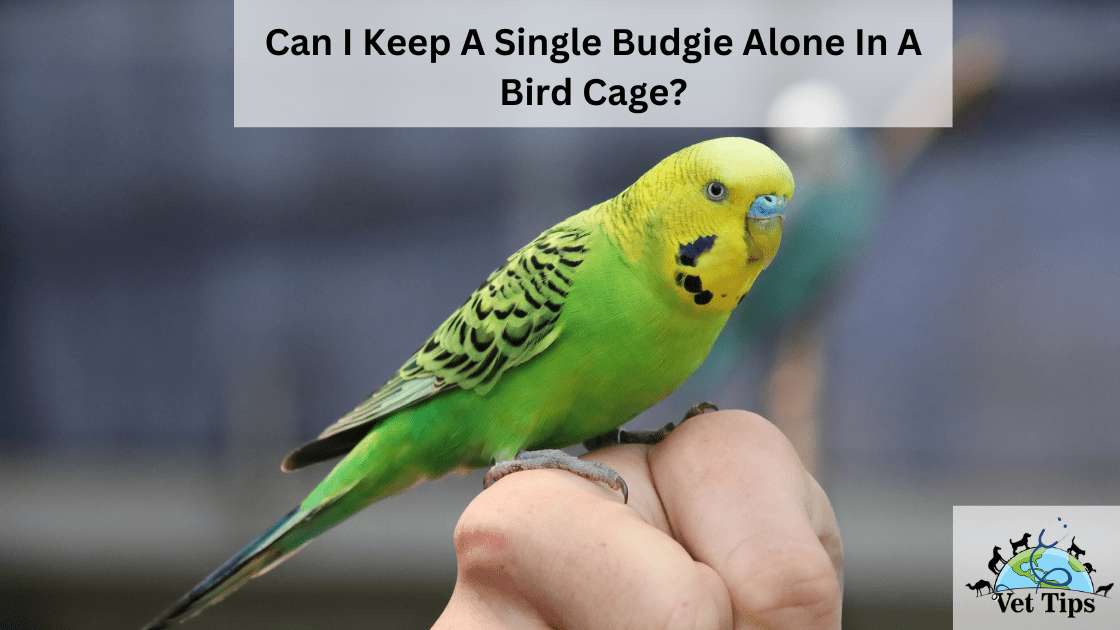
One thought on “Can conure eat eggs?”